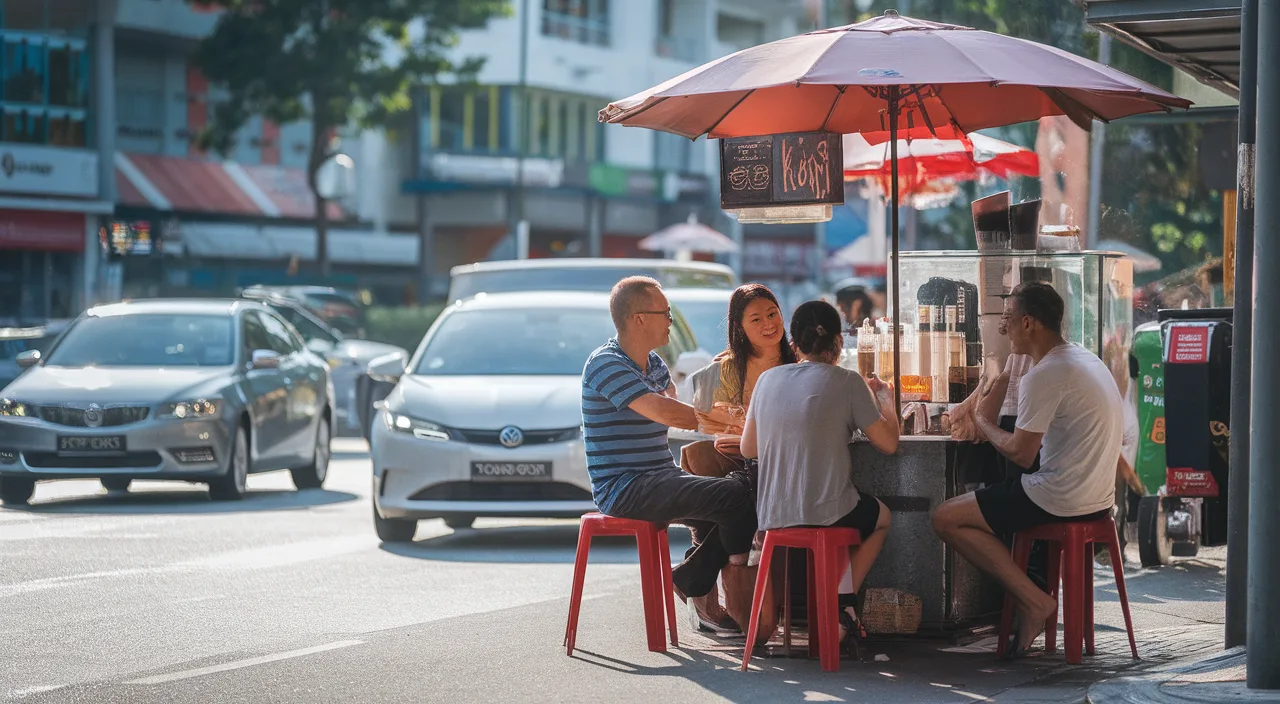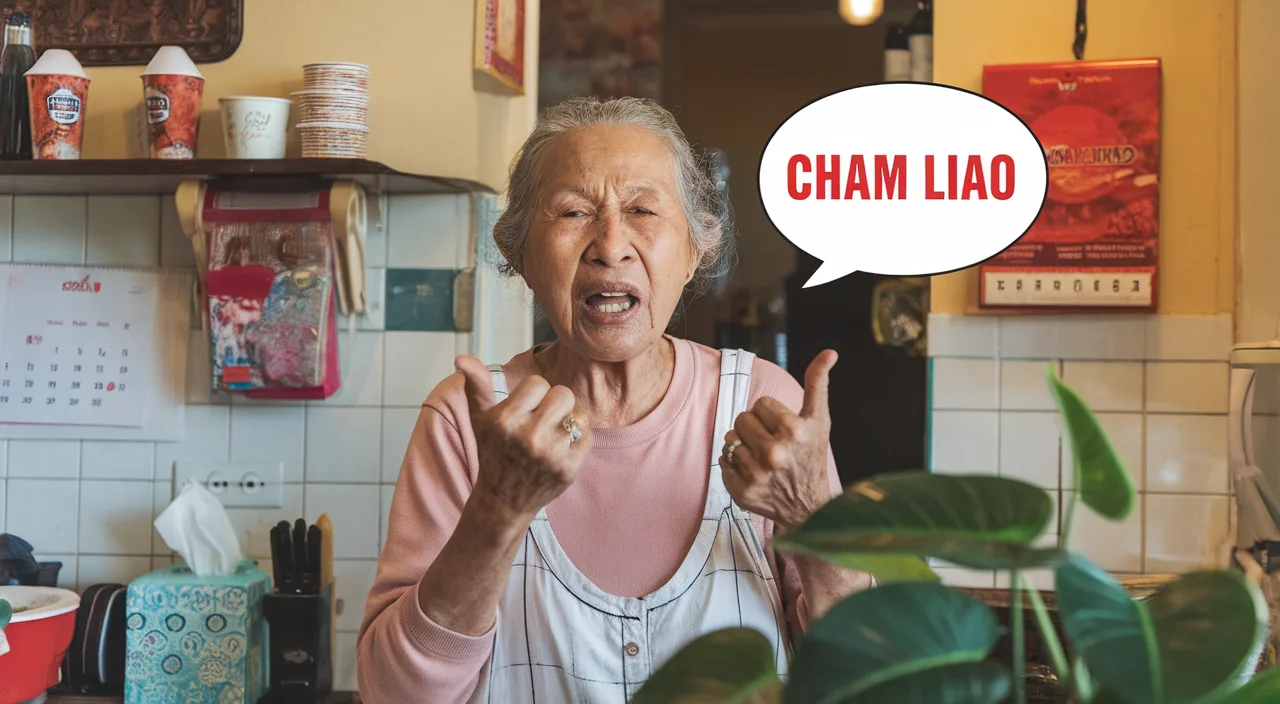‘Mampus’ is one of those Singlish phrases that packs a punch — equal parts drama, humour, and cultural spice. In this deep-dive, we uncover the true power of saying ‘Mampus’ in Singlish. From its origins in Malay slang (yes ah, roots go way back), to how young Singaporeans use it without even blinking, this blog post serves up a conversational and humorous guide to one of Singapore’s sassiest phrases. Whether you’re a language lover, an expat trying to catch up with the lingo, or just a proud kopi-ordering native, come jumble jambu with us into the heart of ‘Mampus’.








